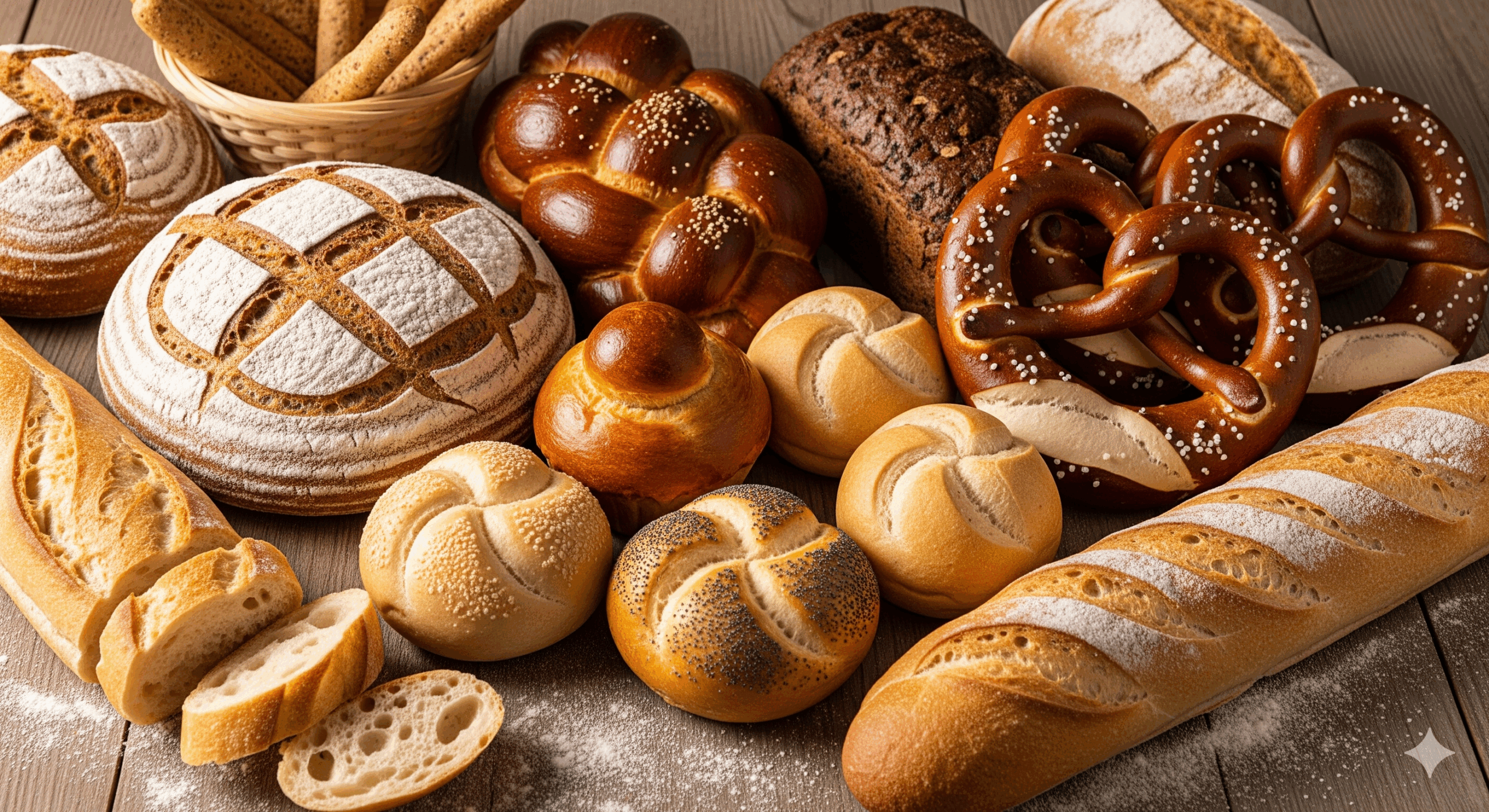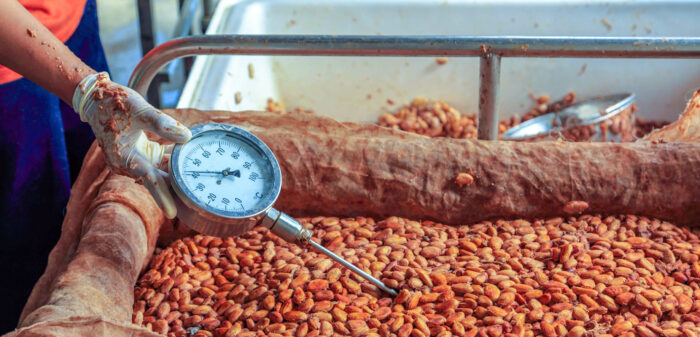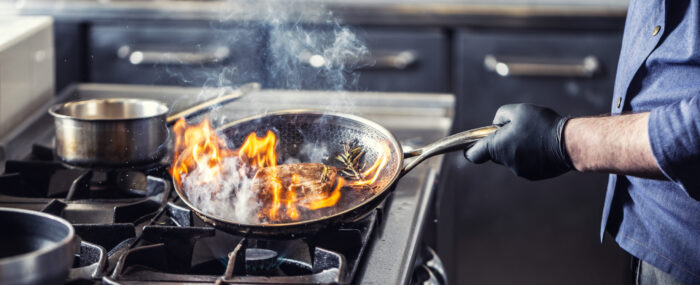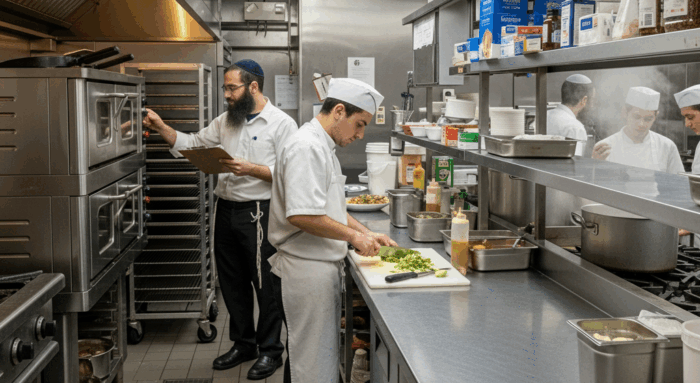This article is a brief synopsis of the laws of Pas Yisroel to provide general awareness on the topic. For specific questions, one should take guidance from their personal Rav.
Pas is defined as baked products made from any of the five grains (wheat, oat, spelt, rye, and barley). There is a prohibition against consuming any of these five grains that were baked by a non-Jew, without the participation of a Jew. When the Chachomim enacted this prohibition, it was not accepted by all Jewish communities. As such, it did not attain the full force of a binding Halachah. Therefore, in situations where obtaining Pas Yisroel is challenging, and when specific Halachic conditions are met, it may be permissible to consume non-Pas Yisroel products.1
The reason for this leniency is brought down in Halacha. Because bread is a staple food that a person needs for basic sustenance, they may be lenient in this regard. Based on kabbalah some Jews, including Chassidim, use this reasoning to always consume Pas Yisroel products. Since bread is the source of basic sustenance, all the more so should one be careful to get it from an elevated source and status, Pas Yisroel. There is a widespread custom that even those who eat non-Pas Yisroel products, known as Pas Palter, during the year, are stringent to eat only Pas Yisroel during the Aseres Yemei Teshuvah.
For a product to be considered pas it needs to originate from one of the five grains, be turned into a dough, and then baked. Within these criteria the Shach adds that there are two more requirements for something to be considered pas: It must have the appearance of bread AND be made from a thick dough (not a runny/liquid batter.) However, according to the Pri Chodosh anything that might require the brocha of Birkas HaMazon after (if one ate enough) is in the category pas.
Products such as bread, matzah, baguettes, etc. would be in the category of pas according to both the Shach and the Pri Chodosh. However, when it comes to pastries or pretzels that don’t have a thick batter, or the appearance
of bread, they would not be considered pas according to the Shach but may be pas according to the Pri Chodosh. However, large pretzels or crackers would be considered pas according to both opinions.
Another example of this would be ice cream cones. Regular ice cream cones are made from a liquid batter. According to the Shach there is no requirement for Pas Yisroel and according to the Pri Chodosh there is. Sugar cones, however, are made from a thick batter and could be subject to the laws of Pas Yisroel (if considered to have the appearance of bread). The OK requires all cones in certified food service establishments to be Pas Yisroel.
For a product to be Pas Yisroel a Jew must be involved in the baking process. There are a few ways that this requirement can be met. A Jew can turn on the fire, put the bread in the oven, raise the flame, or even throw a twig in
the oven to increase the strength of the flame. Practically speaking, it is advisable for a Jew to light the fire since all baking done with the fire that the Jew lit will be Pas Yisroel as well.
Parbaked products, which are any baked products that are deliberately underbaked and require further baking, can become Pas Yisroel when a Jew finishes off the baking. This is true even though the product was technically
edible but not desirable before the Jew finished the baking. Nevertheless, since the product requires improvement before being fit to serve, it can become Pas Yisroel when a Jew finishes the baking process.
Toasting is not considered a significant enough improvement in this regard. Therefore, bread that is fully baked and is fit to be served as is cannot become Pas Yisroel by a Jew toasting it. For this reason, flour tortillas and English muffins must be Pas Yisroel and cannot become Pas Yisroel after the fact by toasting on a griddle.
Many pie crusts including graham cracker crusts can be subject to the laws of Pas Yisroel. Even though they are baked again after the pie filling is added, the pie crust is usually fully baked beforehand and does not improve by further baking, so it cannot be made Pas Yisroel by a Jew re-baking it. If, however, one buys a truly parbaked crust, it would not need to be Pas Yisroel because the second baking would improve the crust and make it fit to serve, thereby making it Pas Yisroel.
Many contemporary Poskim maintain that there is no requirement of Pas Yisroel for breakfast cereals even when made from the five grains, given that they are manufactured through non-conventional baking processes (including steaming, extrusion, puffing, etc).
Snack bars made from whole oats (not oat flour) where the whole oats are still discernible (as in most granola bars) are not considered pas. However, when the oats fuse and dissolve and are no longer discernible (as in fig bars), the product is considered pas.
Real panko breadcrumbs are made from bread that is not conventionally baked (it is cooked by electrocution). Therefore, according to many contemporary Poskim, panko crumbs are not subject to the laws of Pas Yisroel. One needs to be sure that the panko crumbs are truly made in this way, as there are many panko style products which are made from regular bread that are subject to the laws of pas. Breadcrumbs from regular bread that is conventionally baked are subject to laws of Pas Yisroel. Sometimes breadcrumbs are used as a filler (for example, in tuna salad) . In such situations they usually become dissolved and would be botul b’rov (nullified in the majority of the other ingredients), so one need not be concerned with Pas Yisroel. (From the perspective of Middas HaChassidus, for those that are stringent in Pas Yisroel there is room to be machmir and abstain from this type of product.)
1 For a deep discussion on this topic, refer to Kosher Spirit Tishrei 5784.
Rabbi Yitzchak Hanoka is a Rabbinic Coordinator with the OK Kosher Certification.


 EN
EN  ZH
ZH  KR
KR  BR
BR  ES
ES  IN
IN  IL
IL 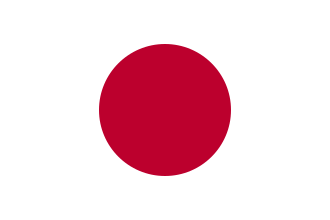 JP
JP 
